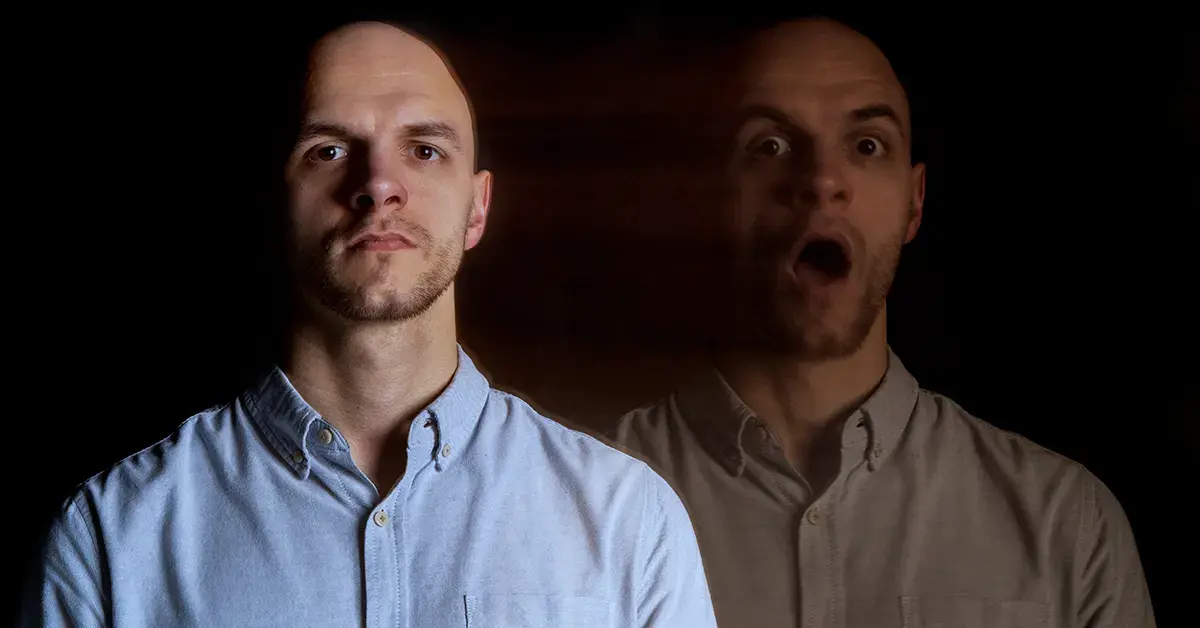Psychosis is a mental health condition that affects how a person thinks, feels, and understands the world around them. It can make it hard for them to tell what’s real and what isn’t. Psychosis is not a disease by itself, but a symptom of other mental health issues like schizophrenia, bipolar disorder, or severe depression.
What is Psychosis?
Psychosis is when someone experiences things that others do not. This can involve experiencing unreal experiences (hallucinations) or having strong beliefs that are not based on reality (delusions). For example, a person might hear voices that no one else hears or believe that they are being watched or followed when they are not.
What Causes Psychosis?
Psychosis can be caused by several factors. Among the most common reasons are:
● Mental Health Disorders: Conditions like schizophrenia, bipolar disorder, and severe depression can lead to psychosis.
● Substance Use: Using drugs like marijuana, LSD, or methamphetamine can sometimes cause psychosis.
● Stress or Trauma: Severe stress or a traumatic experience can trigger psychosis in some people.
● Physical Illness or Injury: Sometimes, a brain injury, infection, or even a high fever can lead to psychosis.
Signs and Symptoms
Psychosis can show up in different ways, but some common signs and symptoms include:
● Hallucinations: Refers to the perception of unreal experiences, such as hearing, seeing, or feeling things that are not physically present.
● Delusions: Strongly believing something that isn’t true, like thinking that you have special powers or that people are out to get you.
● Disorganized Thinking: Trouble focusing on a conversation, jumping from one idea to another in a way that doesn’t make sense.
● Changed Behavior: Acting in ways that are unusual or out of character, such as talking to oneself or withdrawing from friends and family.
How is Psychosis Treated?
Psychosis can be treated with a combination of medications and therapy. The treatment helps
reduce the symptoms and improves the person’s quality of life.
● Medications: Doctors often prescribe antipsychotic medications to help manage symptoms. These medicines can reduce hallucinations and delusions.
● Therapy: Talking to a mental health professional can help a person understand their experiences and learn ways to cope with them. Cognitive-behavioral therapy (CBT) is one type of therapy that can be helpful.
● Support from Family and Friends: Having a strong support system is important.
Friends and family can provide comfort and help the person stick to their treatment plan.
Getting Help
If you or someone you know is showing signs of psychosis, it’s important to get help as soon as possible. Psychosis can be frightening, but with the right treatment, people can recover and lead fulfilling lives.
Psychosis is a severe mental health condition that can affect anyone. It’s not something to be ashamed of, and it doesn’t mean a person is “crazy.” With understanding, proper treatment, and support, people experiencing psychosis can get better and live happy, healthy lives. If you think you might be experiencing psychosis, talk to a doctor or mental health professional right away. Early treatment can make a big difference.
